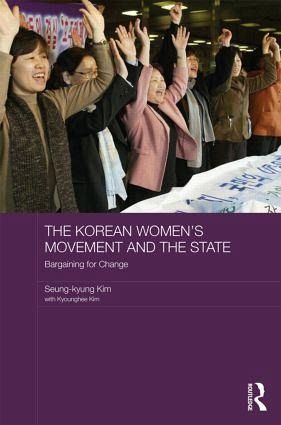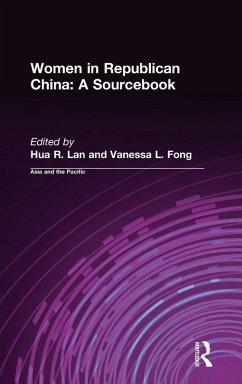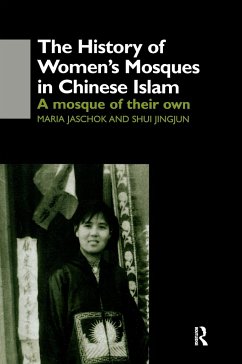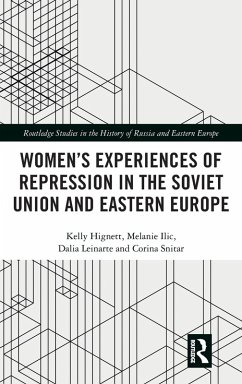
The Korean Women's Movement and the State
Bargaining for Change
Versandkostenfrei!
Versandfertig in 1-2 Wochen
180,99 €
inkl. MwSt.
Weitere Ausgaben:

PAYBACK Punkte
90 °P sammeln!
Recent feminist scholarship has emphasized the need not only to recognize the accomplishments of women's movements through political participation, but also to analyze the process through which feminist organizations interact with formal politics. This book takes up theoretical debates on the relationship between gender and the state through an analysis of the relationship between the women's movement organizations and state-oriented gender politics during the ten year period of South Korea's progressive presidencies.














